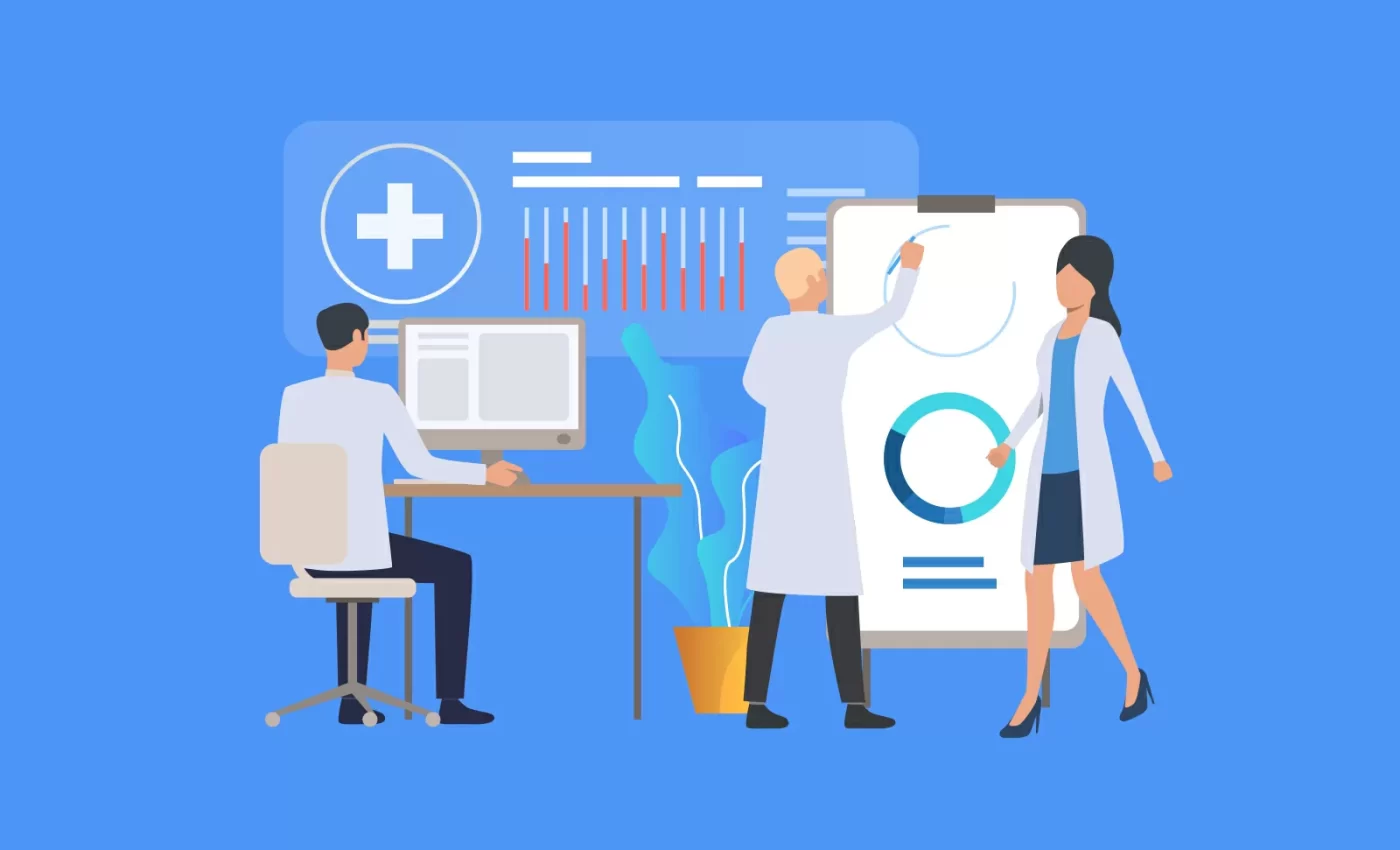In today’s rapidly evolving healthcare landscape, health tech companies are playing a pivotal role in transforming the way we receive care. By combining advanced technologies with medical expertise, these companies are turning innovative concepts into reality, revolutionizing patient care and healthcare delivery. With this blog lets dive into the groundbreaking innovations from leading health tech companies. Additionally, we will explore how doctors marketing can effectively promote these advancements, fostering their widespread adoption and impact.
Remote Patient Monitoring:
Revolutionizing Healthcare Beyond Hospital Walls Remote patient monitoring (RPM) has emerged as a game-changing innovation, enabling healthcare providers to monitor patients’ health conditions from a distance. Through wearable devices, smart sensors, and mobile apps developed by health tech companies, patients can now have their health data collected and transmitted in real-time. Doctors can remotely track vital signs, monitor chronic conditions, and identify early warning signs, allowing for proactive interventions and personalized care. Doctors marketing RPM solutions can effectively educate patients about the myriad benefits, emphasizing the improved convenience, enhanced safety, and individualized attention that remote monitoring can offer.
Artificial Intelligence (AI) in Medical Imaging:
Precision and Efficiency Amplified The integration of AI in medical imaging has ushered in a new era of precision and efficiency. Health tech companies are developing AI algorithms that can analyze medical images with unparalleled accuracy, aiding doctors in diagnosing complex conditions such as cancer, cardiovascular diseases, and neurological disorders. By automating image analysis, these AI-powered solutions enable faster and more accurate diagnoses, leading to improved patient outcomes. Doctors marketing AI in medical imaging can highlight the efficiency and precision it brings to diagnoses, ultimately enhancing healthcare delivery and reducing healthcare costs.
Telemedicine:
The use of telemedicine has become a valuable asset in increasing the availability of quality healthcare, especially in areas that are underserved or far away.Health tech companies are spearheading the development of user-friendly platforms and secure video conferencing tools, facilitating virtual consultations between doctors and patients. Telemedicine enables patients to connect with healthcare providers remotely, eliminating geographical barriers and reducing the need for in-person visits. By effectively doctors marketing telemedicine services, doctors can educate patients about the convenience, cost-effectiveness, and high-quality care provided through virtual visits, empowering them to embrace this transformative healthcare delivery model.
Electronic Health Records (EHR) Systems:
Streamlining Data Management for Improved Care Health tech companies are constantly advancing electronic health records (EHR) systems to streamline patient data management. EHR systems provide a secure and centralized platform for storing, accessing, and sharing patient information among healthcare providers. Seamless data exchange through EHR systems improves care coordination, reduces medical errors, and enhances patient safety. Doctors marketing EHR systems can emphasize the benefits of streamlined workflows, comprehensive and accurate medical records, and the improved patient outcomes that result from efficient data management.
Wearable Devices and Health Apps:
Empowering Patients in Self-Care Health tech companies are pioneering the development of wearable devices and health apps, empowering individuals to participate in their healthcare actively. Fitness trackers and smartwatches are examples of devices that monitor physical activity, sleep patterns, and vital signs. They offer users valuable health insights in real time. Health apps offer features like medication reminders, symptom trackers, and educational resources, facilitating better self-care management. Doctors marketing wearable devices and health apps can educate patients about the potential of these tools to promote healthier lifestyles, improve treatment adherence, and foster better communication and collaboration with healthcare providers.
Conclusion:
Innovations from leading health tech companies are reshaping the healthcare landscape, empowering doctors and patients with advanced technologies and solutions. Remote patient monitoring, AI in medical imaging, telemedicine, EHR systems, and wearable devices are just a glimpse into the remarkable advancements. Doctors marketing plays a pivotal role in driving the adoption and utilization of these innovations. By effectively promoting these advancements, doctors can enhance patient outcomes, improve healthcare accessibility, and create patient-centered care experiences in the digital age.
FAQs:
Q1: How can doctors marketing support the adoption of remote patient monitoring?
A1: Doctors marketing can educate patients about the benefits of remote patient monitoring, including improved convenience, personalized care, and proactive healthcare interventions. By sharing success stories, providing clear explanations of the technology, and addressing patient concerns, doctors can encourage patients to embrace remote monitoring for better health management.
Q2: What are the advantages of AI in medical imaging for doctors and patients?
A2: AI in medical imaging offers enhanced precision, efficiency, and diagnosis speed. For doctors, AI algorithms assist in detecting abnormalities, reducing interpretation errors, and providing quantitative measurements. AI-powered imaging leads to quicker diagnoses, faster treatment decisions, and improved care outcomes for patients.
Q3: How can doctors marketing promote the adoption of telemedicine?
A3: Doctors marketing can emphasize the convenience, accessibility, and quality of care telemedicine offers. By providing educational materials, sharing patient testimonials, and addressing common concerns, doctors can help patients understand the benefits of virtual visits and encourage their adoption as a convenient and effective healthcare delivery option.
Q4: How do wearable devices and health apps empower patients in their healthcare journey?
A4: Wearable devices and health apps empower patients by allowing them to track their health metrics, access valuable health information, and actively engage in self-care. Doctors marketing wearable devices and health apps can educate patients about the role of these tools in promoting healthier lifestyles, improving treatment adherence, and fostering better communication and collaboration with healthcare providers.








